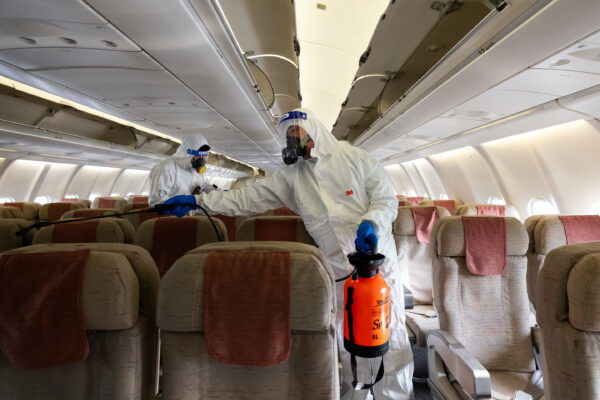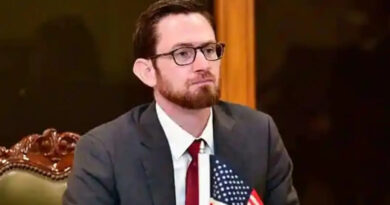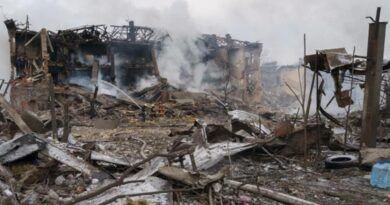As Omicron Rises, How To Be Safe On A Flight
Plane passengers twice or even three times more likely to capture Covid-19 during flights since the emergence of the Omicron variant, according to the top medical advisor to the world airline.
The new strain is very contagious and has become dominant in weeks, taking into account more than 70% of all new cases at A.S. Own. While the hospital class air filter on modern passenger jets makes the risk of infection much lower on planes than in crowded places on the ground such as shopping centers, Omicron quickly spreads only with more tourists taken to the sky for holidays and family reunions.
Business classes may be safer than denser economic cabins, said David Powell, doctors and medical advisors to the International Air Transportation Association, which represents nearly 300 operators worldwide. As before, passengers must avoid contacts and face-to-face surfaces that are often touched, and people who sit close to each other have to try not to open the same time while eating, he said.
Powell, former Head of Medical Officer in Air New Zealand Ltd., spoke with Bloomberg News on Tuesday about flying during a pandemic. This is edited transcript.
What is the risk of infection during the flight?
Whatever the risks with Delta, we must assume the risk will be two to three times greater with Omicron, just as we see in other environments. Whatever the low risk – we don’t know what it is – on an airplane, must be increased with the same amount.
What should passengers do to minimize risk?
Avoid general touch surfaces, hand hygiene wherever possible, mask, keep away, controlled boarding procedures, try to avoid face-to-face contact with other customers, try to avoid both on flights, for food and drink services, regardless of when it is really needed. His advice is the same, it’s just that the risks are relatively possible to increase, just as the risk of relatively going to the supermarket or capturing the bus has increased with Omicron.
What about the mask at meal time?
For a two-hour flight, it’s easy enough to say, ‘Just keep your mask all the time.’ But if it is a 10 hour flight, it becomes very unreasonable to ask people not to eat and drink. What the majority of the airlines has done is encouraging, but does not insist on, customers try to stop their mask-off period a little.
Simply put, two masked people have a minimum transmission of one to another. If one of you removes your mask, then the person is at greater risk of transmitting and at a slightly greater risk of receiving. But if you both remove then it is clear, there are no barriers there and you can freely transmit one to another.
Is it safe not to fly at all?
The biggest protection you can give is by vaccinated and encouraged. Protection that you provide to yourself from extra masks or different types of masks, or not fly at all, frankly, maybe less than the benefits you will get from being fully encouraged. There is a kind of practical rules that begin to appear, which is basically Omicron loses you one dose of the benefit vaccine. So, two doses of Omicron are about protection similar to one dose of delta. It was not established in hard science, but it seems to be correlated with what comes out in the study.



